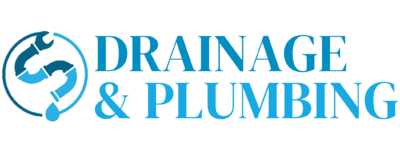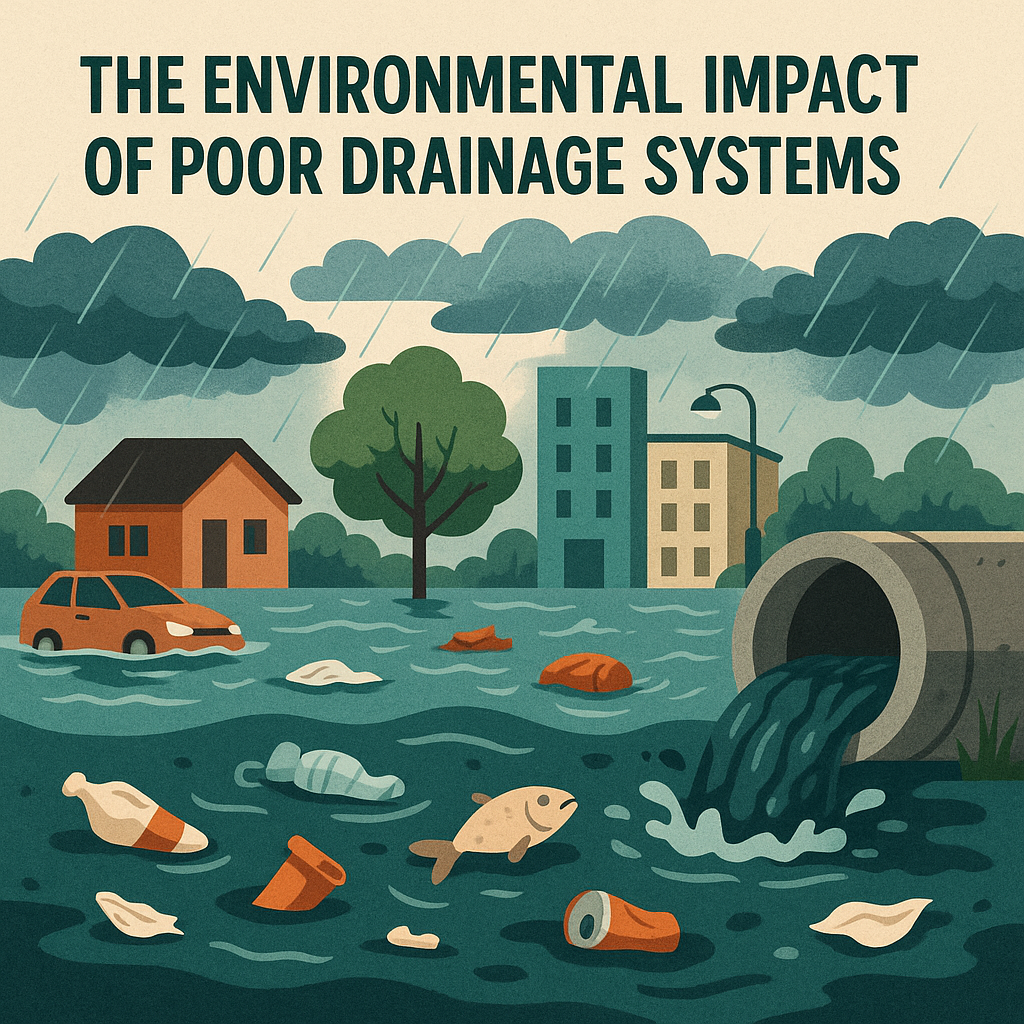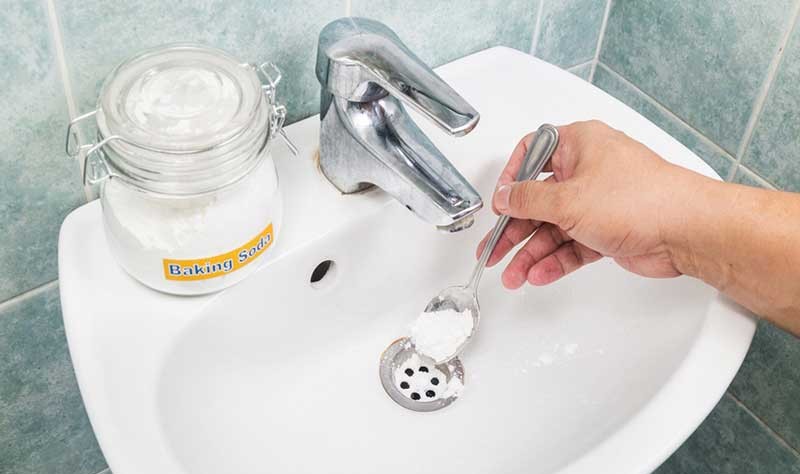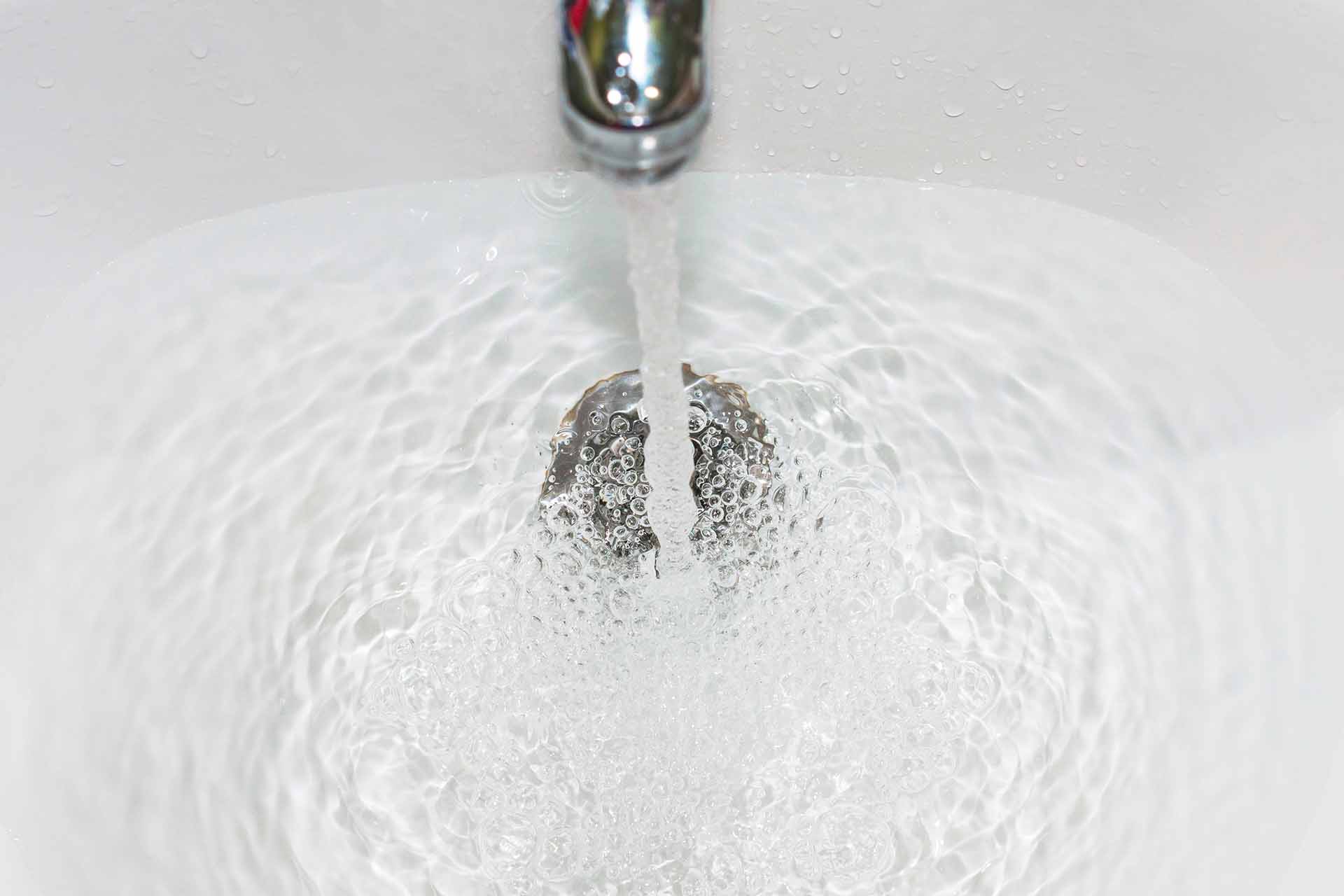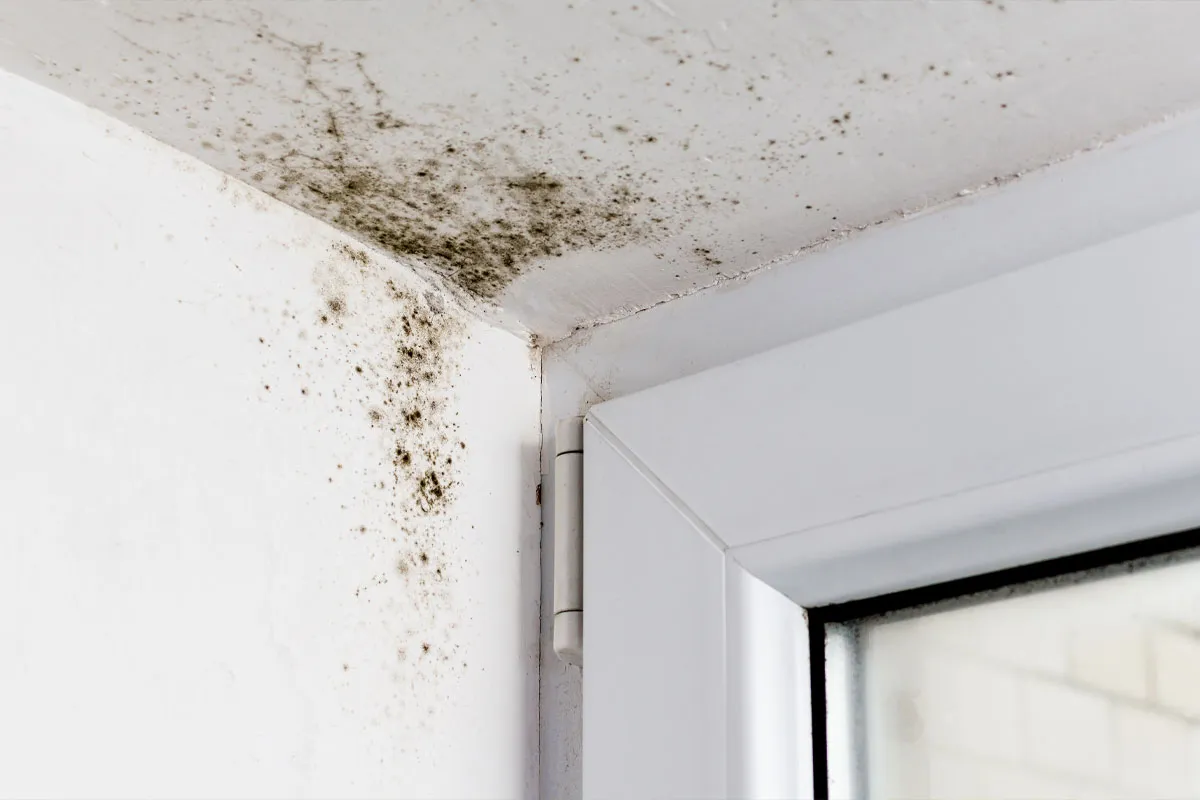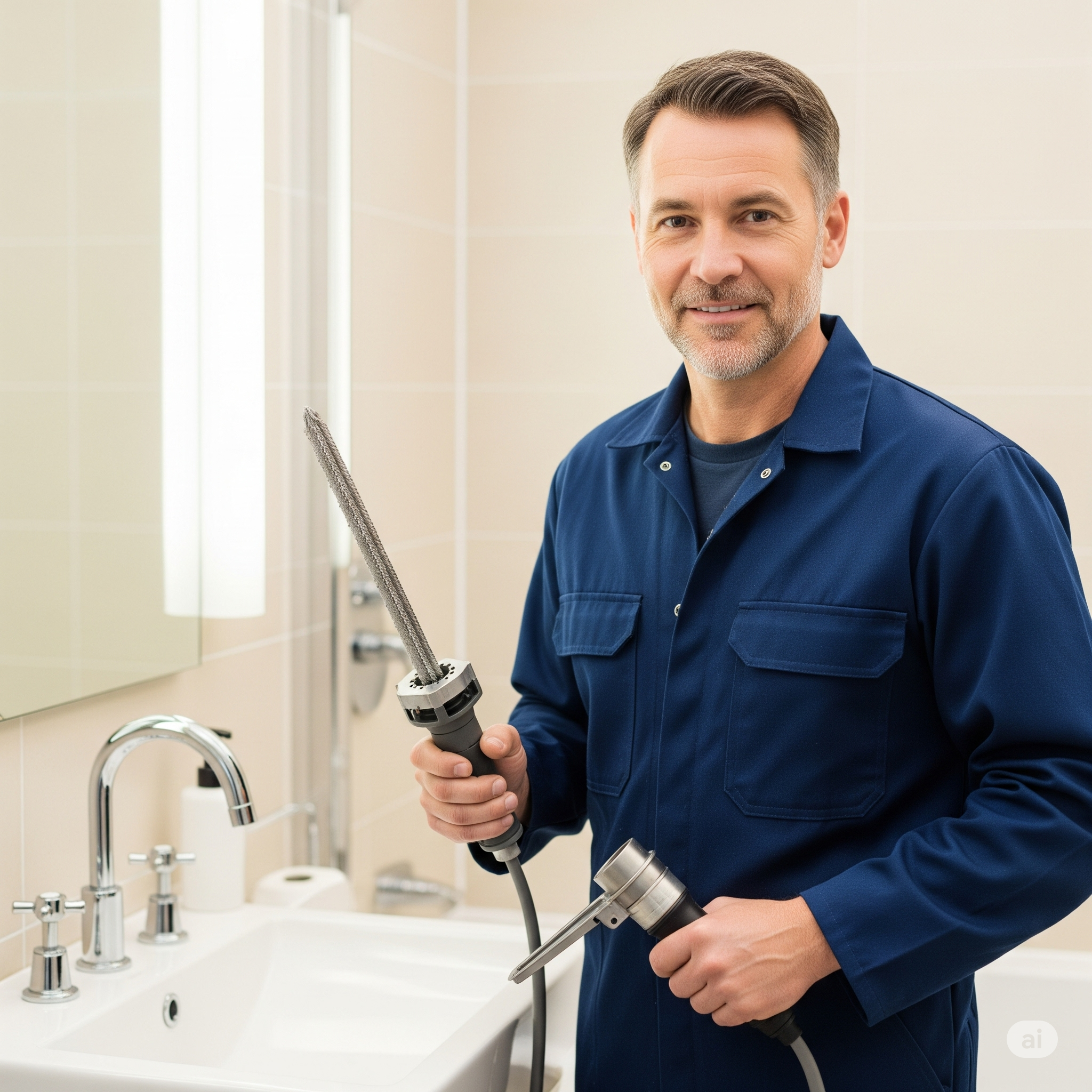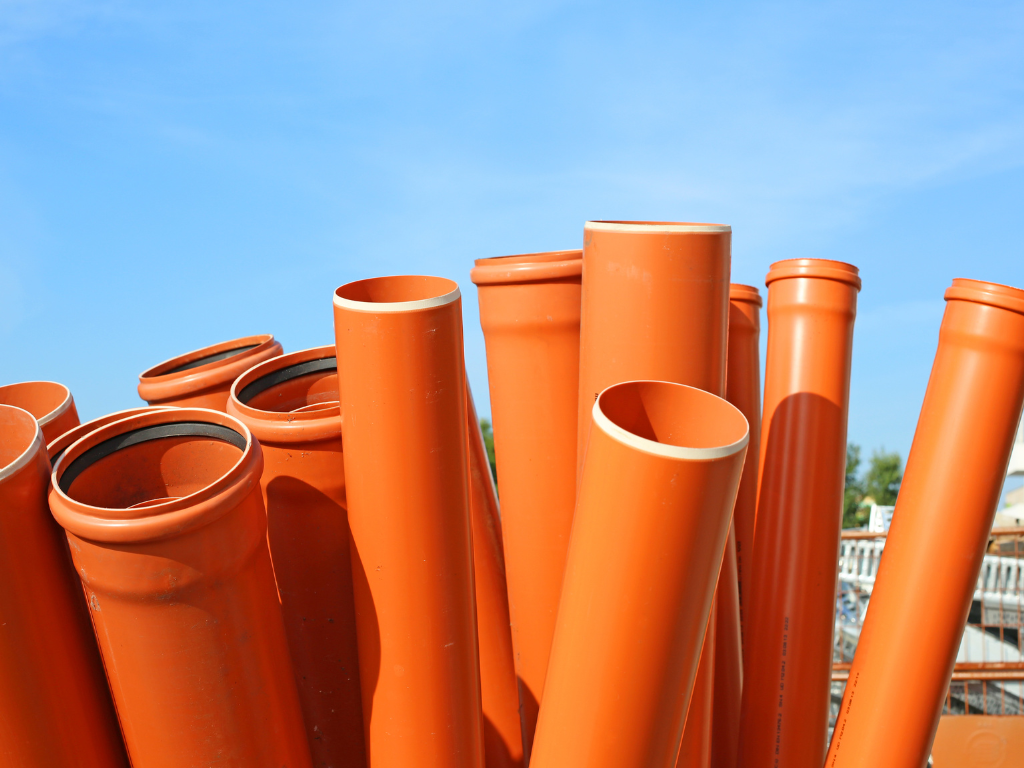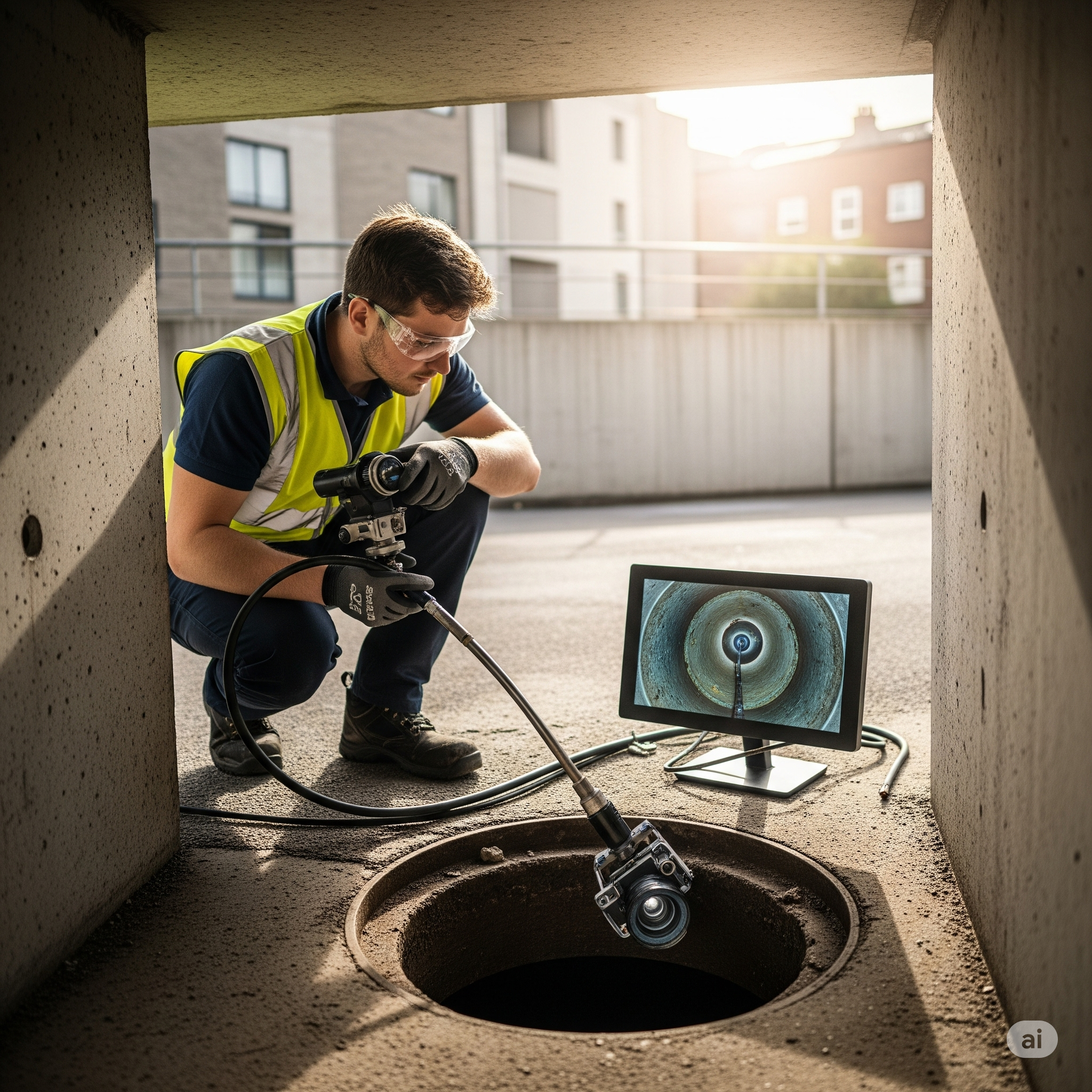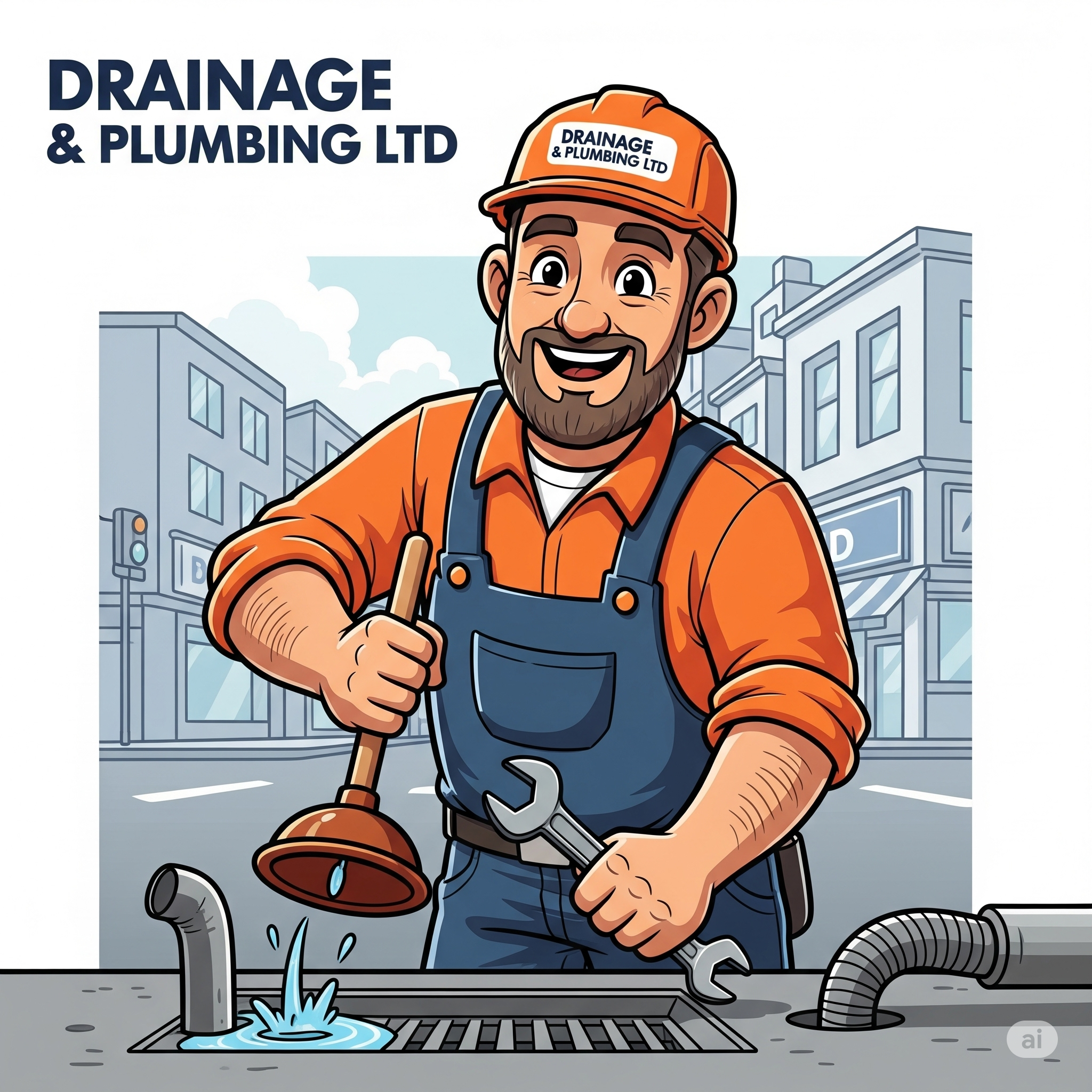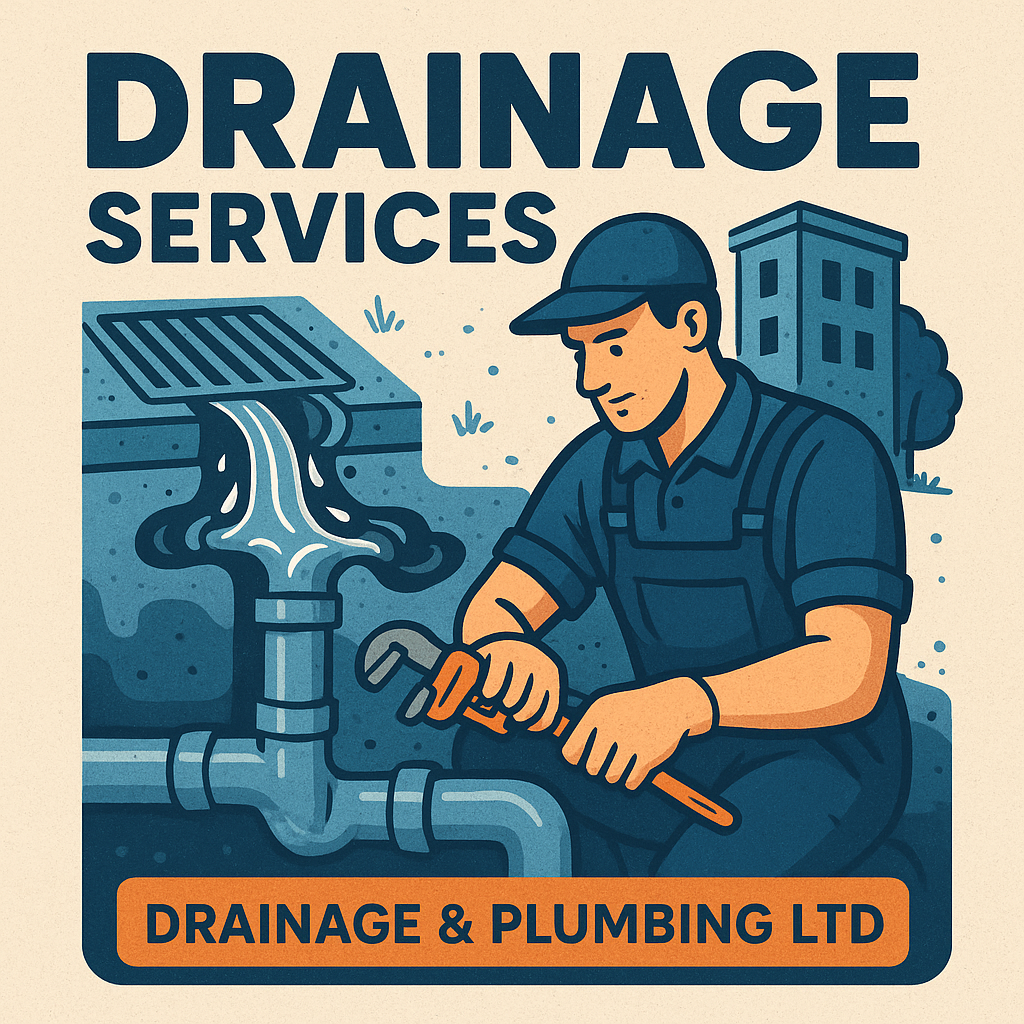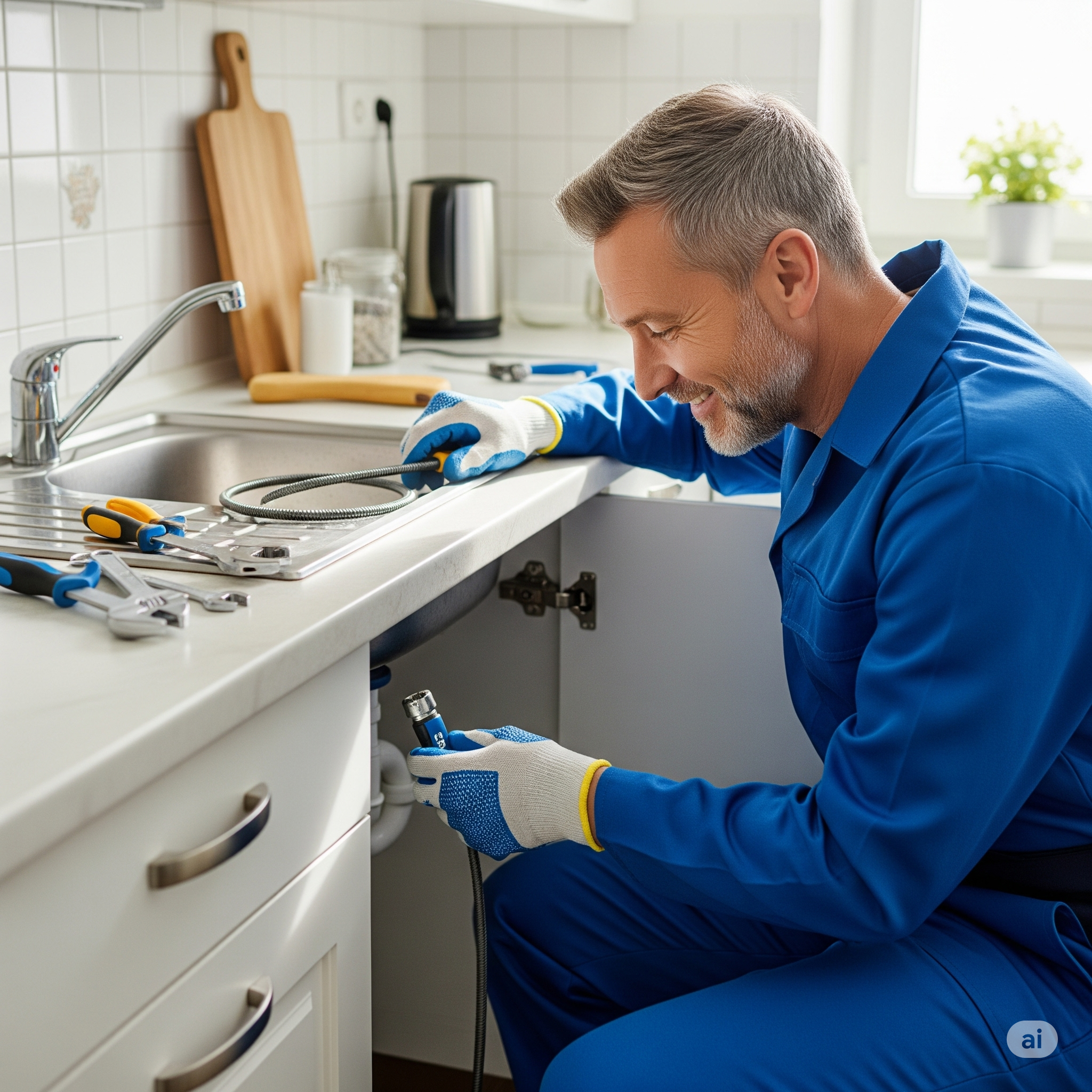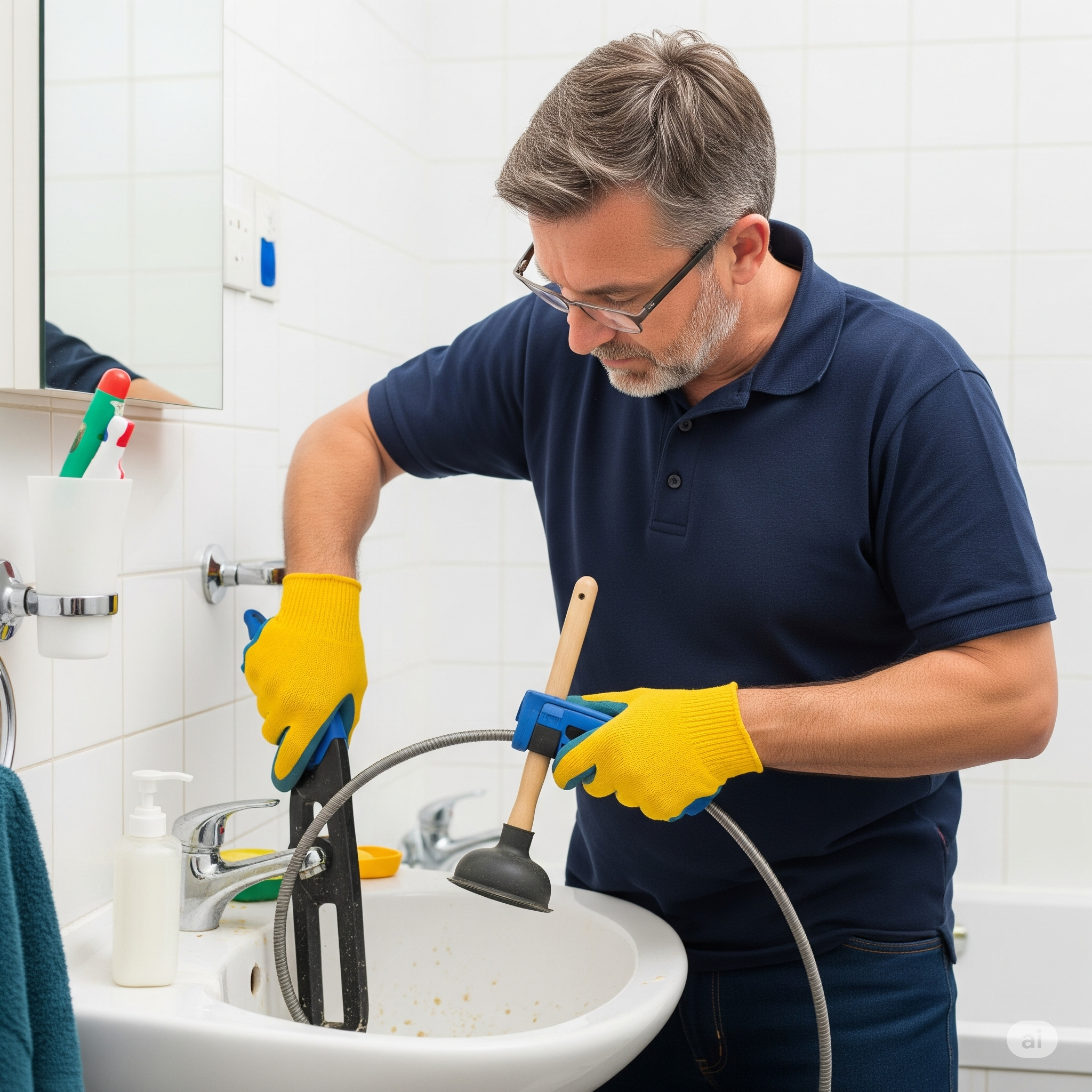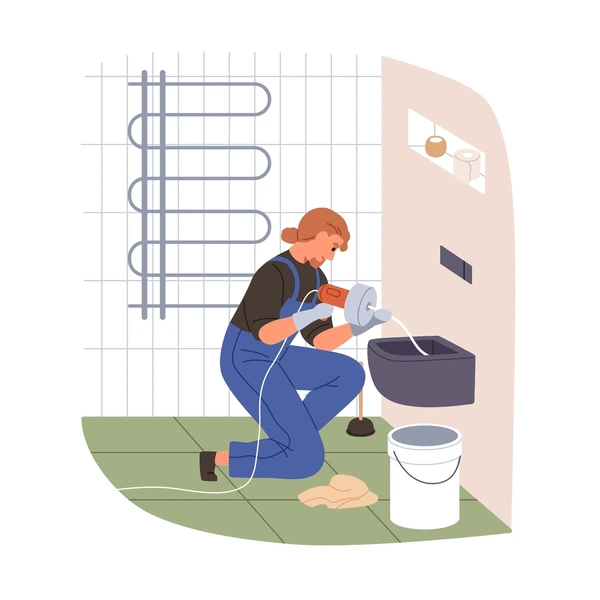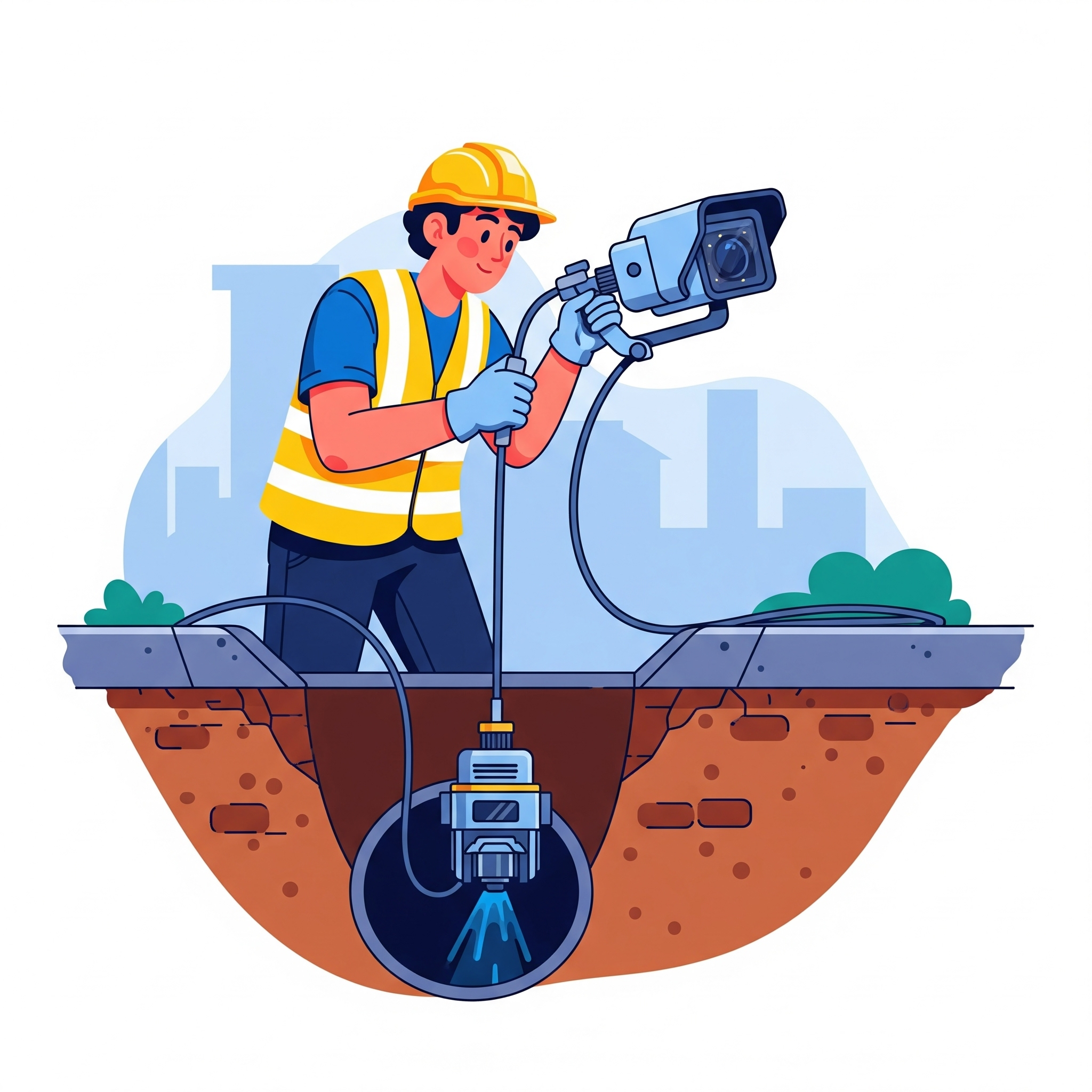The Environmental Impact of Poor Drainage Systems
Drainage systems are often out of sight, out of mind, until something goes wrong. Yet, these unseen networks of pipes and channels play a critical role, not just in the comfort and hygiene of our homes and businesses, but also in the health of our planet. Far beyond the immediate inconvenience of a slow-draining sink or a blocked toilet, poor drainage systems pose significant and far-reaching environmental threats. Understanding these impacts is crucial for appreciating why professional, timely, and effective drainage solutions are not just a matter of property maintenance, but a vital component of environmental stewardship.
At Drainage & Plumbing LTD, we understand the intricate connection between well-maintained drainage and a healthy environment. Serving the entirety of South East England, including key areas like Croydon, Sutton, Wallington, Coulsdon, Banstead, Bromley, Mitcham, Epsom, Reigate, Redhill, Leatherhead, Kingston upon Thames, Wimbledon, Richmond, Caterham, Guildford, Crawley, and Haywards Heath, our mission extends beyond simple repairs; it encompasses protecting our local ecosystems from the adverse effects of neglected drainage infrastructure.
The Hidden Dangers: How Poor Drainage Affects Our Environment
The consequences of inefficient or damaged drainage can ripple through our environment, affecting everything from water quality to biodiversity. These impacts are often subtle at first, escalating over time into serious ecological concerns.
Water Contamination and Pollution
Perhaps the most immediate and devastating environmental impact of poor drainage is water contamination. When drains are blocked, overflowing, or damaged, untreated wastewater – laden with harmful bacteria, chemicals, detergents, and other pollutants – can escape into the surrounding environment.
- Sewer Overflows: A common consequence of overwhelmed or faulty drainage systems is raw sewage overflowing into streets, gardens, and, most alarmingly, directly into natural water bodies. Rivers, lakes, and coastal waters become receptacles for this noxious discharge, leading to severe pollution. The introduction of high levels of organic matter depletes oxygen in the water, creating “dead zones” where aquatic life cannot survive. Pathogens from human waste can cause diseases in wildlife and pose serious health risks to humans who come into contact with the contaminated water or consume affected seafood.
- Runoff Pollution: Beyond direct overflows, poorly drained areas contribute to increased surface runoff during rainfall. This runoff picks up pollutants from impermeable surfaces like roads and pavements – including oil, grease, heavy metals, pesticides, and litter – carrying them untreated into storm drains and, eventually, natural waterways. This diffuse pollution is a major contributor to the degradation of water quality, harming fish populations, amphibians, and the complex food webs they support.
- Groundwater Contamination: Leaking pipes or failing septic systems can also allow contaminants to seep into the ground, polluting underground aquifers that serve as sources of drinking water. Once groundwater is contaminated, it is incredibly difficult and expensive to remediate, posing a long-term threat to human and ecosystem health.
Soil Erosion and Land Degradation
Effective drainage is essential for managing water flow across land. When drainage is poor, excess water accumulates or flows unchecked, leading to significant soil erosion and land degradation.
- Loss of Topsoil: Stagnant water softens soil, making it more susceptible to erosion. During heavy rains, poor drainage can lead to rapid runoff, washing away nutrient-rich topsoil. This loss of fertile land reduces agricultural productivity, degrades natural landscapes, and necessitates the use of more fertilizers to compensate, further contributing to chemical runoff.
- Sedimentation: Eroded soil is carried into rivers, streams, and lakes, where it settles as sediment. This process, known as sedimentation, can choke waterways, reduce their capacity, and alter natural flow patterns. It smothers aquatic habitats, buries fish spawning grounds, and reduces water clarity, which in turn impacts photosynthesis for aquatic plants and the feeding ability of many aquatic species. In coastal areas, sedimentation can damage coral reefs and seagrass beds, vital ecosystems that support immense biodiversity.
- Structural Damage to Land: Prolonged waterlogging due to poor drainage can weaken soil structure, leading to instability, landslides, and subsidence. This not only poses risks to property but also destroys natural habitats and can alter the topography of an area, impacting local hydrology and ecosystems.
Increased Flood Risk and its Ecological Consequences
Poor drainage systems are a primary contributor to increased flood risk, especially in urban and suburban areas where natural absorption capacity is reduced by impermeable surfaces. Flooding, in turn, has profound ecological consequences.
- Habitat Destruction: Flooding can physically destroy habitats, washing away vegetation, dislodging animals, and altering the composition of soil and water. This can lead to significant population declines for affected species and long-term ecosystem disruption.
- Spread of Contaminants: Floodwaters often carry a cocktail of pollutants – sewage, chemicals, debris – from overwhelmed drainage systems and inundated areas. As these waters recede, they leave behind these contaminants, fouling soil, vegetation, and lingering in stagnant pools, posing a threat to both wildlife and domestic animals.
- Disruption of Ecosystems: The sudden influx of fresh water into saltwater environments, or vice versa, can drastically alter salinity levels, which can be lethal to organisms adapted to specific conditions. Flooding can also disrupt natural cycles, such as breeding seasons for certain species, further impacting biodiversity.
Impact on Biodiversity
The interconnectedness of environmental systems means that issues arising from poor drainage can cascade through ecosystems, ultimately affecting biodiversity.
- Direct Harm to Wildlife: Animals can be directly harmed by exposure to polluted water, getting trapped in floodwaters, or ingesting contaminated food sources.
- Habitat Fragmentation: As natural areas are degraded or destroyed by waterlogging, erosion, or pollution, habitats become fragmented. This isolates populations, making them more vulnerable to genetic issues and less resilient to environmental changes, increasing the risk of local extinctions.
- Introduction of Invasive Species: Floodwaters can transport seeds, spores, and even small organisms from one area to another, potentially introducing invasive species that outcompete native flora and fauna, further disrupting ecological balance.
Air Quality Issues
While less direct, poor drainage can also contribute to localized air quality problems.
- Foul Odors: Stagnant water in poorly drained areas or from sewage overflows creates anaerobic conditions, leading to the decomposition of organic matter. This process releases noxious gases like hydrogen sulfide and methane, causing unpleasant odors and contributing to local air pollution.
- Mold and Mildew Growth: Damp conditions resulting from poor drainage promote the growth of mold and mildew, both indoors and outdoors. These can release spores into the air, triggering respiratory problems and allergies in humans and potentially affecting plant health.
The Role of Sustainable Drainage Solutions
Mitigating these environmental impacts requires a proactive and comprehensive approach to drainage. This is where the principles of sustainable drainage systems (SuDS) come into play, focusing on managing rainwater close to where it falls, mimicking natural processes. While complex SuDS installations are often for larger developments, the core idea – preventing water buildup and ensuring proper flow – applies to every property. Regular maintenance and timely intervention are key to achieving this.
Drainage & Plumbing LTD: Your Partner in Environmental Responsibility
Recognizing these environmental challenges, Drainage & Plumbing LTD stands as a beacon of reliability and expertise in South East England. Our services are not just about resolving immediate plumbing crises; they are about providing sustainable solutions that protect your property and our shared environment.
Our Commitment to Excellence and the Environment
When it comes to drainage and plumbing services in South East England, we distinguish ourselves through our unwavering reliability, deep expertise, and steadfast commitment to customer care. Our 24/7 emergency service ensures that we are always available precisely when you need us most, working tirelessly to minimize disruption with fast, effective, and environmentally conscious solutions.
Our team comprises highly trained and certified technicians who leverage the latest technology to accurately diagnose and resolve even the most complex drainage issues. We adhere strictly to industry standards, ensuring that every job is performed safely and with the utmost environmental consideration. Customer satisfaction is the cornerstone of our operations; we consistently go above and beyond to deliver service you can wholeheartedly trust, knowing that we are also contributing to a healthier local environment.
Our vision is clear: To be the most trusted local expert for residential and commercial drainage solutions throughout South East England. Our mission is equally focused: To provide fast, reliable, and professional drainage and plumbing services across all South East England. These guiding principles drive every action we take, from a routine drain cleaning to an urgent emergency call-out, ensuring that our work benefits both our clients and the environment.
Comprehensive Services for a Healthier Environment
At Drainage & Plumbing LTD, we offer a full spectrum of services designed to address common drainage and plumbing issues, each contributing directly to mitigating the environmental impacts discussed.
- Blocked Broken Drains: We fix blocked or damaged drains quickly and efficiently, employing the right tools and techniques to restore proper flow. By doing so, we prevent harmful wastewater overflows that could contaminate local water sources and soil, effectively containing pollution at its source.
- Build-up of Fat in Drains: Grease and fat deposits are notorious for causing severe blockages. Our expert team safely removes this build-up, preventing major system failures that could lead to raw sewage spills. We also provide advice on preventing future accumulation, thereby protecting the public sewage system from detrimental fatbergs.
- Drainage Problems: From unpleasant odors indicating underlying issues to slow-draining sinks suggesting partial blockages, we diagnose and resolve all types of drainage problems for both homes and businesses. Addressing these issues promptly improves indoor air quality, prevents water damage, and averts the escalation of minor problems into major environmental hazards like widespread contamination.
- Drain Cleaning: Regular drain cleaning is a proactive measure that helps prevent blockages and costly, environmentally impactful repairs. We utilize high-pressure water jets and other advanced methods to keep your pipes clear and flowing optimally. This routine maintenance is crucial for preventing the buildup of substances that could eventually lead to overflows and subsequent environmental damage.
- Leak Detection: Hidden leaks are a significant source of water waste and can lead to extensive property damage. Using advanced equipment, we accurately locate these elusive leaks, helping you conserve water, reduce utility bills, and prevent structural degradation. By quickly fixing leaks, we prevent water from saturating foundations and causing erosion or promoting mold growth in hidden areas.
- Toilet Blockage: Whether it’s a minor clog or a major blockage, our team will get your toilet working again—fast, cleanly, and hassle-free. Prompt resolution of toilet blockages is vital for maintaining hygiene and preventing overflows that could release untreated wastewater into your home or the environment.
Our commitment to fast service and 24/7 availability for emergencies means that when an environmental risk arises from a drainage issue, we are on hand to mitigate it swiftly, minimizing potential harm.
Our Proven Process: Efficiency Meets Responsibility
Our operational philosophy is built on simplicity, speed, honesty, and effectiveness. When you contact us at 07771200075 or via support@drainage-plumbing.co.uk, we’ll start by asking a few quick, pertinent questions to grasp the essence of your issue. Following this, one of our experienced engineers will be dispatched directly to your location in South East England. Most problems are resolved on the spot, demonstrating our efficiency and capability to prevent prolonged environmental exposure to drainage failures. We always explain the job clearly, ensuring no surprises and no hidden costs, fostering transparency that builds trust and encourages timely solutions for environmental safety.
Our process is streamlined:
- Book a Visit: Call or message us anytime — we’re ready when you are. Your prompt action helps us prevent environmental damage.
- Fast Response: We aim to arrive within 60 minutes, wherever you are in our South East England service radius. This rapid response is critical for containing and resolving drainage issues before they escalate into significant environmental incidents.
- Problem Solved: Blocked? Leaking? Whatever it is, we’ll fix it quickly and properly. Our efficient problem-solving directly translates to reduced environmental impact.
We are available for emergency drain issues, with our team on call 24/7 to handle urgent drain problems quickly and efficiently, any time, any day. This relentless availability underscores our commitment to preventing environmental disasters stemming from neglected drainage issues.
Serving South East England with Environmental Stewardship
Our dedicated team proudly serves South East England within a 25-mile radius, encompassing communities such as Croydon, Sutton, Wallington, Coulsdon, Banstead, Bromley, Mitcham, Epsom, Reigate, Redhill, Leatherhead, Kingston upon Thames, Wimbledon, Richmond, Caterham, Guildford, Crawley, and Haywards Heath. This localised focus means we have an intimate understanding of the specific drainage challenges and environmental sensitivities unique to our region. Our presence ensures that expert help is always within reach, ready to address issues that could otherwise harm our beautiful South East England environment.
Taking Action: What You Can Do
While professional intervention is critical for complex or emergency drainage issues, every homeowner and business owner can contribute to better environmental outcomes by adopting simple preventative measures:
- Be Mindful of What Goes Down the Drain: Avoid flushing anything other than human waste and toilet paper. Disposable wipes, sanitary products, cotton swabs, and dental floss can all cause blockages.
- Proper Fat Disposal: Never pour cooking fats, oils, or grease down the sink. Allow them to cool and solidify, then scrape them into a non-recyclable container and dispose of them in your general waste bin.
- Use Drain Grates and Strainers: Install grates in sinks and showers to catch hair, food particles, and other debris that can accumulate and cause blockages.
- Regular Maintenance: Consider scheduling professional drain cleaning for preventative maintenance, especially if you have an older property or frequently experience slow drains. This proactive approach can identify potential issues before they become major problems with environmental implications.
- Report Issues Promptly: If you notice signs of a drainage problem – slow drains, gurgling noises, foul smells, or standing water – contact professionals immediately. Early detection and repair can prevent minor issues from escalating into significant environmental hazards.
Conclusion
The environmental impact of poor drainage systems is undeniable and far-reaching. From polluting our precious water sources and eroding fertile land to increasing flood risks and diminishing biodiversity, the consequences underscore the vital importance of effective drainage management. It’s a responsibility we all share – as individuals, communities, and professional service providers.
At Drainage & Plumbing LTD, we are committed to being at the forefront of this environmental stewardship. With our fast, reliable, and professional services across South East England, we don’t just fix pipes; we protect the environment that sustains us all. Our expertise, 24/7 availability, and commitment to customer satisfaction ensure that your drainage issues are resolved efficiently and responsibly, safeguarding both your property and the planet.
Don’t let a minor drainage problem turn into a major environmental concern. For any drainage or plumbing needs, whether it’s a quick question or an emergency call-out, feel free to reach out. We aim to respond to emails within 2 hours.
Contact Us:
- Website: drainage-plumbing.co.uk
- Email: support@drainage-plumbing.co.uk
- Phone: 07771200075
Let Drainage & Plumbing LTD be your trusted partner in maintaining healthy drainage systems and contributing to a healthier South East England.
